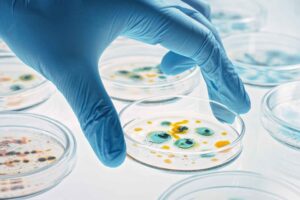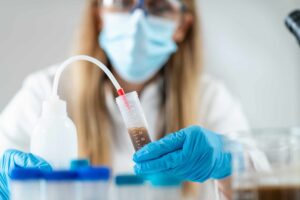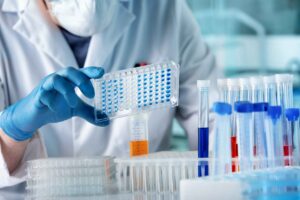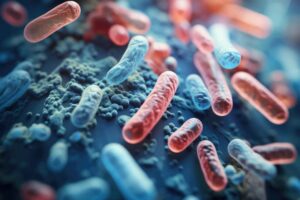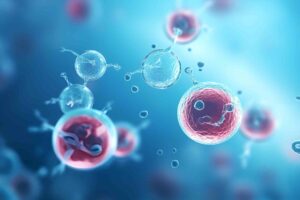antibiotics
Scientific research
The findings improve our understanding of the genetic complexity of the human gut microbiota and its implications for health.
Gastroenterology
Many common drugs — including antibiotics — can inhibit the growth of gut bacteria and alter their function.
Gastroenterology
The findings show that C. difficile infection affects cholesterol metabolism and disrupts the gut microbiota by reducing beneficial bacteria and increasing harmful ones, with fecal microbiota transplant proving more effective…
Gastroenterology, Pediatrics
The findings confirm that mother’s milk can deliver beneficial bacteria to very-low-birth-weight infants, with feeding practices and antibiotic use influencing this microbial exchange.
Gastroenterology
The findings of a recent study highlight the potential of the human gut microbiota as a source for new antibiotics.
Gastroenterology, Pediatrics
The findings suggest that while antibiotics can cause changes to the infant microbiota, they are much less significant than the impact of feeding mode.
Immunology, Scientific research
The findings suggest that artificial intelligence can help uncover new antibiotics, opening the way for new approaches to antibiotic discovery. The work also offers an open-access resource for antibiotic developers.
Gastroenterology, Immunology
The findings of a recent study may inform the development of antibiotics that kill harmful bacteria and not beneficial ones.
Gastroenterology
The findings of a recent study suggest that antimicrobial-resistance mutations in commensal bacteria can make the microbiota surprisingly resilient to antibiotics.
Gastroenterology, Oncology
The findings of a recent study suggest that antibiotics should be prescribed with caution in cancer patients who are planning to receive PD-1 inhibitors.
